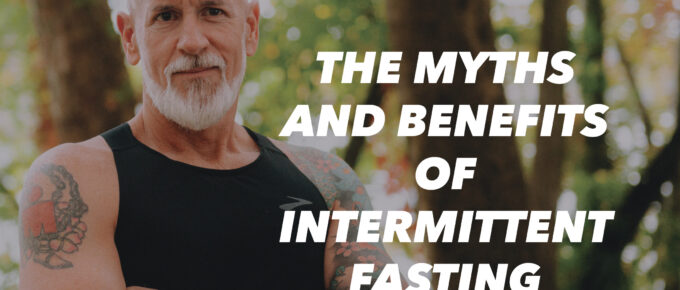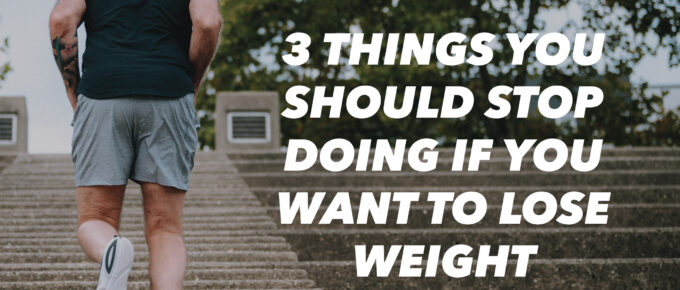There seems to be a lot of misleading information out there about intermittent fasting. People think it will mess up your metabolism, or it’s unsafe, or it’s just plain crazy. The truth is very …
Continue Reading about 239. Replay: The Myths and Benefits of Intermittent Fasting →






